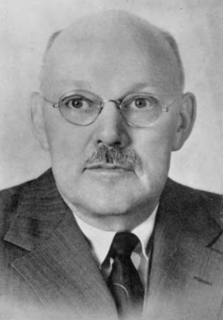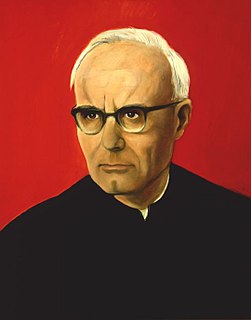A Quote by Adam Grant
Successful givers secure their oxygen masks before coming to the assistance of others. Although their motives may be less purely altruistic, their actions prove more altruistic, because they give more.
Related Quotes
... the cooperative forces are biologically the more important and vital. The balance between the cooperative and altruistic tendencies and those which are disoperative and egoistic is relatively close. Under many conditions the cooperative forces lose, In the long run, however, the group centered, more altruistic drives are slightly stronger. ... human altruistic drives are as firmly based on an animal ancestry as is man himself. Our tendencies toward goodness... are as innate as our tendencies toward intelligence; we could do well with more of both.
These illustrations suggest four general maxims[...]. The first is: remember that your motives are not always as altruistic as they seem to yourself. The second is: don't over-estimate your own merits. The third is: don't expect others to take as much interest in you as you do yourself. And the fourth is: don't imagine that most people give enough thought to you to have any special desire to persecute you.
There're the causes where people are like, "What can you do for us? You guys have success and stature; you can make money for us and at the same time present yourselves to the public as altruistic and civic-minded." So it's an exchange. I don't mind looking altruistic and civic-minded if we're actually being that way.
Not everybody, however, has a genuine sense of humor. That calls for an altruistic detachment from oneself and a mysterious sympathy with others which is felt even before they open their mouths. Only the person who has also a gift for affection can have a true sense of humor. A good laugh is a sign of love; it may be said to give us a glimpse of, or a first lesson in, the love that God bears for every one of us.



































